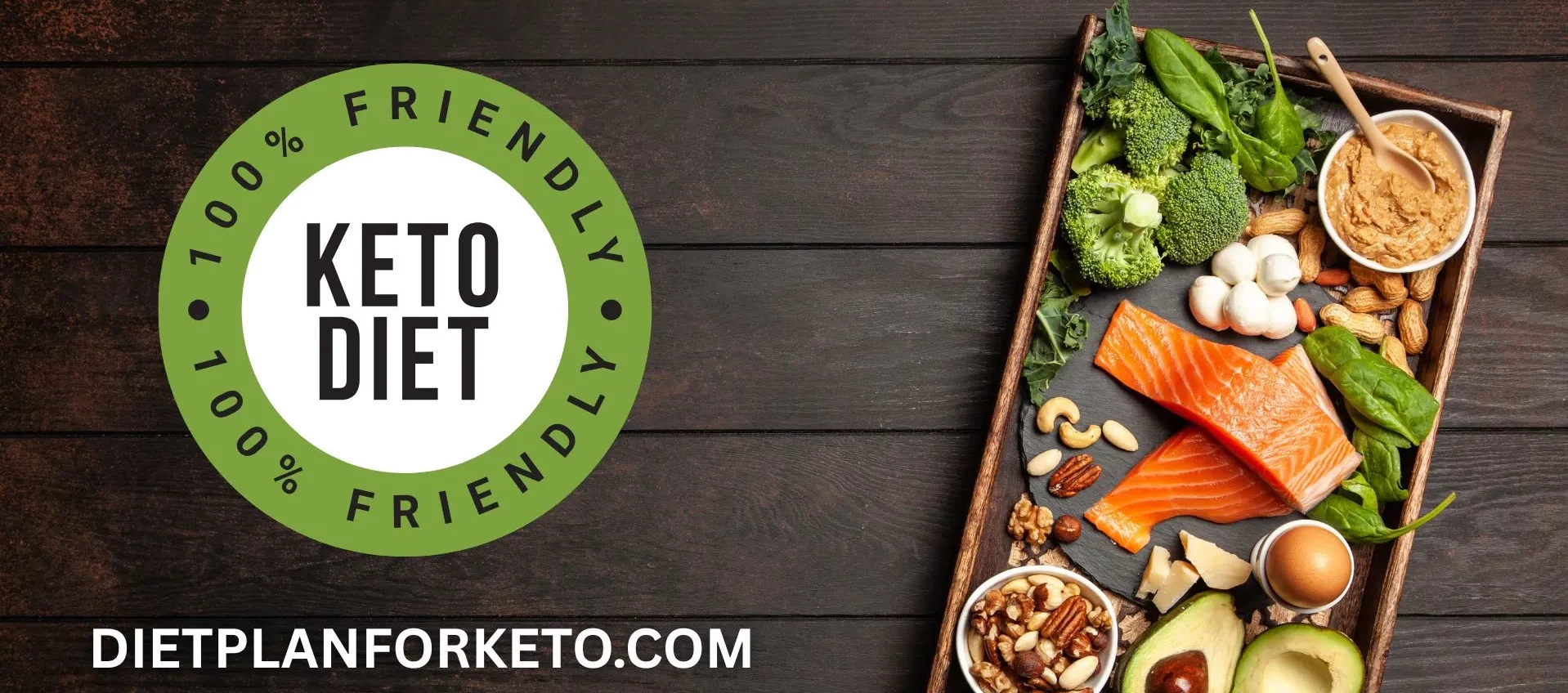The ketogenic (keto) diet has surged in popularity due to its promise of rapid weight loss and improved energy levels. However, with widespread popularity comes a flood of misinformation.
So, is the keto diet safe? This comprehensive guide dives deep into common myths and the reality behind them, helping you make an informed decision about this high-fat, low-carb lifestyle.
Table of Contents
- What is the Keto Diet?
- How Does the Keto Diet Work?
- Top 10 Keto Myths vs. Reality
- Is the Keto Diet Safe for Everyone?
- Short-Term and Long-Term Effects of Keto
- Actionable Tips for a Safer Keto Experience
- Real-World Success Stories and Cautions
- Pros and Cons of the Keto Diet
- Additional Resources
- Conclusion
1. What is the Keto Diet?
The ketogenic diet is a high-fat, moderate-protein, and very low-carbohydrate eating plan. By drastically reducing carbohydrate intake, the body enters a metabolic state called ketosis, where it burns fat for energy instead of glucose.
Key Components:
- Fat: 70-75% of daily calories
- Protein: 20-25% of daily calories
- Carbohydrates: 5-10% of daily calories
2. How Does the Keto Diet Work?
Ketosis is the process where the liver converts fats into ketones, which become the primary energy source. Achieving ketosis requires strict adherence to macronutrient ratios.

Real-World Example:
Sarah, a 35-year-old teacher, experienced significant weight loss and increased mental clarity after adopting the keto diet. Her key to success was meal planning and tracking her macros diligently.
3. Top 10 Keto Myths vs. Reality
Myth 1: The Keto Diet is Just Another Fad
Reality: The keto diet has been used for medical purposes since the 1920s, especially for epilepsy treatment.
Myth 2: Eating Fat Will Make You Fat
Reality: Healthy fats can promote satiety and help with weight loss.
Myth 3: Keto is Only for Weight Loss
Reality: Keto can also improve mental clarity and stabilize blood sugar levels.
Myth 4: You Can Eat Unlimited Fat on Keto
Reality: Overeating fat can lead to calorie surplus and hinder weight loss.
Myth 5: Keto Causes Heart Disease
Reality: When done correctly with healthy fats, it may improve heart health markers.
Myth 6: Keto is Not Sustainable
Reality: Many people maintain a keto lifestyle for years with proper planning.
Myth 7: You Won’t Get Enough Nutrients on Keto
Reality: Nutrient-rich keto foods and supplements can prevent deficiencies.
Myth 8: Keto is Bad for Your Kidneys
Reality: People with normal kidney function typically face no issues.
Myth 9: All Carbs Are Bad on Keto
Reality: Non-starchy vegetables are essential for fiber and nutrients.
Myth 10: Keto Flu is Unavoidable
Reality: Staying hydrated and replenishing electrolytes can prevent it.
4. Is the Keto Diet Safe for Everyone?
While many benefit from keto, it’s not suitable for everyone. Individuals with certain health conditions should consult their healthcare provider before starting.
Who Should Avoid Keto?
- People with liver or pancreatic diseases
- Individuals with eating disorders
- Pregnant or breastfeeding women (unless advised by a doctor)
When Keto Might Be Beneficial:
- Those with type 2 diabetes (under medical supervision)
- Individuals looking to manage epilepsy or neurological conditions
5. Short-Term and Long-Term Effects of Keto
Short-Term Effects:
- Rapid weight loss
- Increased energy
- Possible “keto flu” symptoms (fatigue, headaches)
Long-Term Effects:
- Improved blood sugar control
- Lower triglycerides
- Potential nutrient deficiencies if not planned properly
6. Actionable Tips for a Safer Keto Experience
- Stay Hydrated: Drink at least 8-10 glasses of water daily.
- Monitor Electrolytes: Use supplements or consume foods rich in magnesium, potassium, and sodium.
- Focus on Whole Foods: Prioritize nutrient-dense, whole foods over processed keto products.
- Plan Meals: Meal planning can prevent nutrient gaps and promote consistency.
- Consult a Professional: Always seek advice from healthcare providers, especially if you have existing medical conditions.
7. Real-World Success Stories and Cautions
Success Story:
John, a 42-year-old engineer, lost 50 pounds and reversed his prediabetes with keto. His strategy included consistent exercise and tracking his macronutrients.
Cautionary Tale:
Lisa experienced hair loss and fatigue due to poor planning and lack of nutrient variety in her keto meals. She improved after consulting a dietitian.
8. Pros and Cons of the Keto Diet
Pros:
- Rapid weight loss
- Improved mental clarity
- Better blood sugar control
- Increased satiety
- Potential benefits for neurological conditions
Cons:
- Difficult to maintain long-term
- Potential nutrient deficiencies
- Social eating challenges
- Possible initial side effects (keto flu)
- Not suitable for everyone
9. Additional Resources
For more in-depth information on the keto diet and meal planning, check out this valuable resource.
10. Conclusion
So, is the keto diet safe? The answer depends on your health status, how well you plan your meals, and whether you consult with healthcare professionals. While keto offers numerous benefits, it’s essential to approach it with caution and adequate knowledge. Remember, no one diet fits all. Prioritize what works best for your body and lifestyle.
